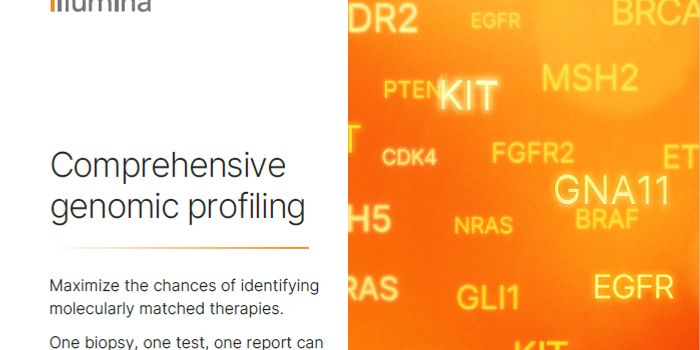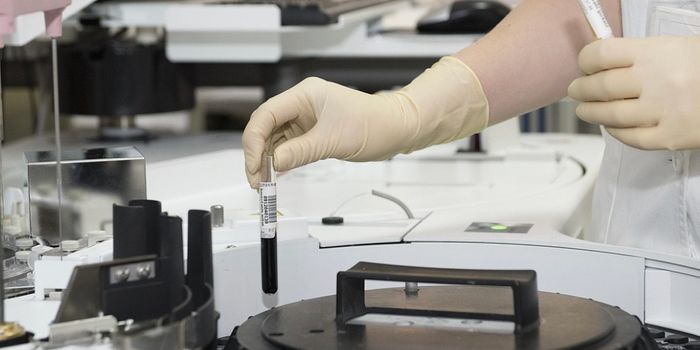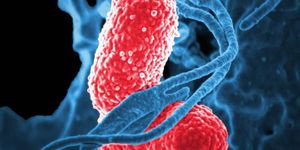Errors in DNA methylation are often found to be causative in different types of cancer, but scientists still do not know what molecular mishaps are at the root of the problem. In a new study from the Van Andel Research Institute, the inheritance of methyl tags among generations of dividing cells might hold the answer.
“What we didn’t realize before this study is that [key players orchestrating DNA methylation] all work together in an elegant way,” said senior author Scott Rothbart, PhD.
Rothbart and the team from the Van Andel Research Institute are focused on the potential to develop new drug therapies for cancer and other pathologies that result from errors in DNA methylation. In their current study, a collaboration with UNC Chapel Hill, University of Washington, University of Toronto, they zero in on the role of a specific protein: UHRF1.
UHRF1 protein is able to recognize the inheritance pattern of methyl tags as dividing cells pass epigenetic information on to their daughter cells. In addition, UHRF1 promotes the addition of new methyl tags, which communicate the activation or inactivation of certain genes, ultimately deciding how a cell functions.
During their study of UHRF1 and its function during cell division and DNA methylation, the researchers found that the protein recognizes newly-copied DNA sites due to a lack of methylation. UHRF1 then simultaneously calls on a protein called histone H3 and attaches a small ubiquitin protein to it.
The ubiquitination of histone H3 then signals to DNA methylation enzymes to add a methyl tag to the newly-copied DNA site. The entire signaling process is apparently controlled by a “pre-existing pattern of epigenetic signals,” all recognized by UHRF1.
"This exquisite regulation of an ubiquitin ligase has not been previously described and is very exciting for the field of ubiquitin biology,” said Joe Harrison, PhD, from UNC Chapel Hill.
In the future, the team plans on developing different screening methods to identify compounds capable of correcting errors that occur in the process of DNA methylation, which have been linked to tumor formation in multiple types of cancer.
The study was recently published in the journal
eLife.
Source:
Van Andel Research Institute









